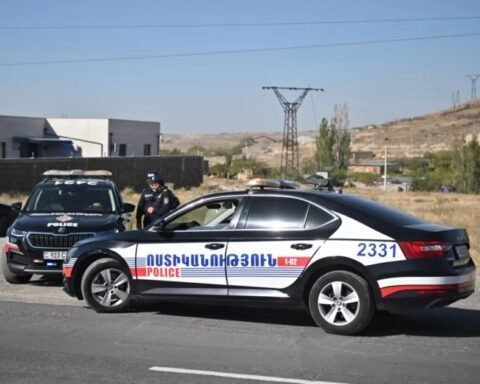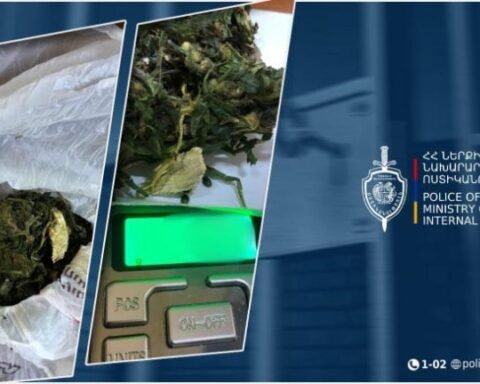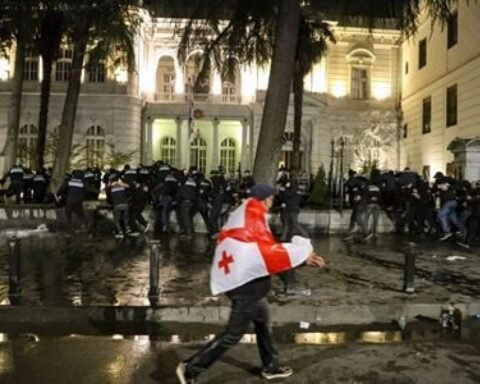YEREVAN – Significant gaps in Armenia’s broadcasting legislation are creating fertile ground for corruption, allowing newly-formed companies with no operational history to secure valuable radio frequencies through questionable means.
Recent competitions for radio frequencies have been publicly presented as models of transparency, but the legal framework contains critical omissions that facilitate manipulation. Current regulations permit entities without experience, resources, or established history to obtain broadcasting licenses, creating conditions ripe for abuse.
The authorization process reveals multiple systemic failures. Companies established mere weeks before competitions can participate despite lacking the physical capacity to provide media services. Legal requirements that mandate authorized companies to serve consumers appear to be routinely bypassed.
A concerning pattern has emerged where competition applications include extensive programming promises—daily news coverage, thematic shows, and technical capabilities—despite the applicants having no operational teams, equipment, or budgets to fulfill these commitments.
The licensing commission operates under a 60-day decision window, yet the law provides no mechanism for substantive verification of applicants’ claims. This raises serious questions about the purpose of this extended evaluation period if no meaningful due diligence occurs.
Following license acquisition, these shell companies often become vehicles for undisclosed beneficiaries, with some entities selling both their corporate assets and broadcasting licenses shortly after winning competitions.
The regulatory system designed to prevent one-day companies and hidden market beneficiaries appears fundamentally compromised, requiring urgent legislative reform to address these critical vulnerabilities in Armenia’s media landscape.












